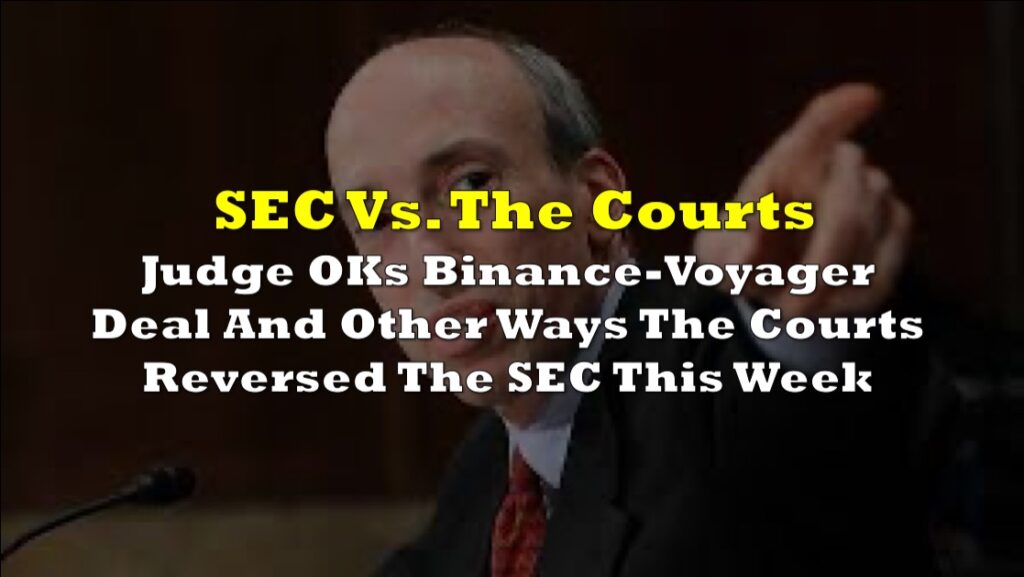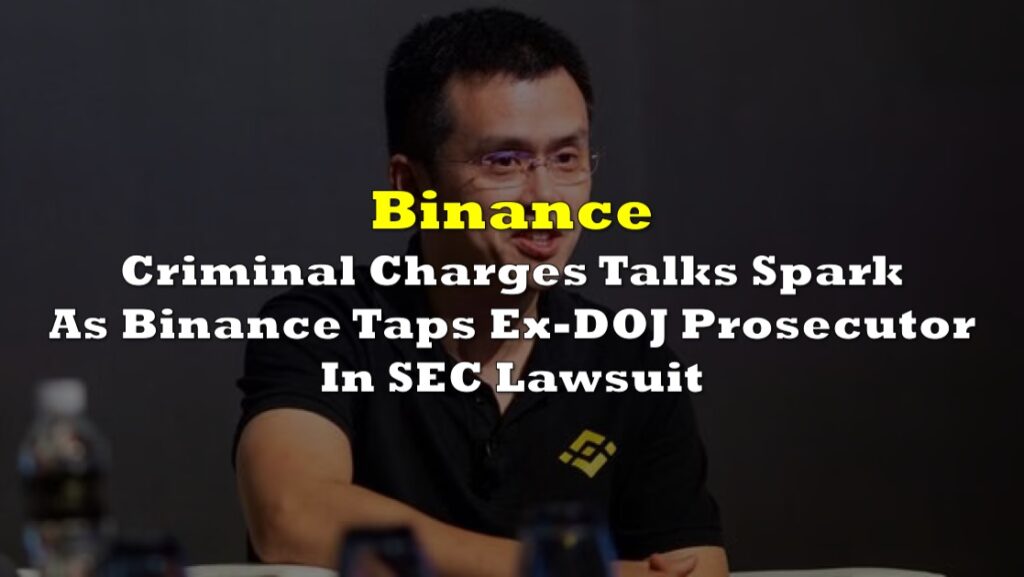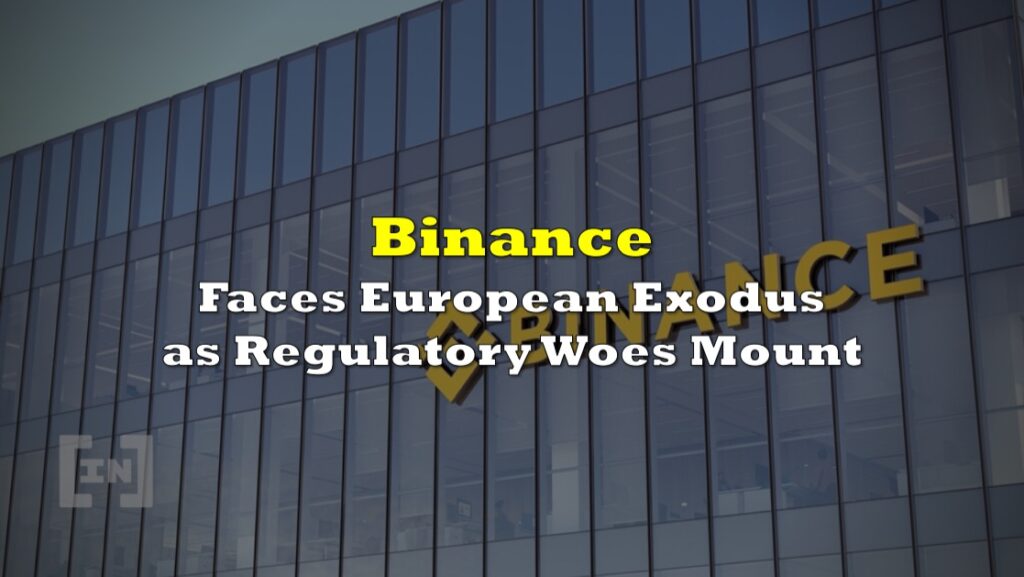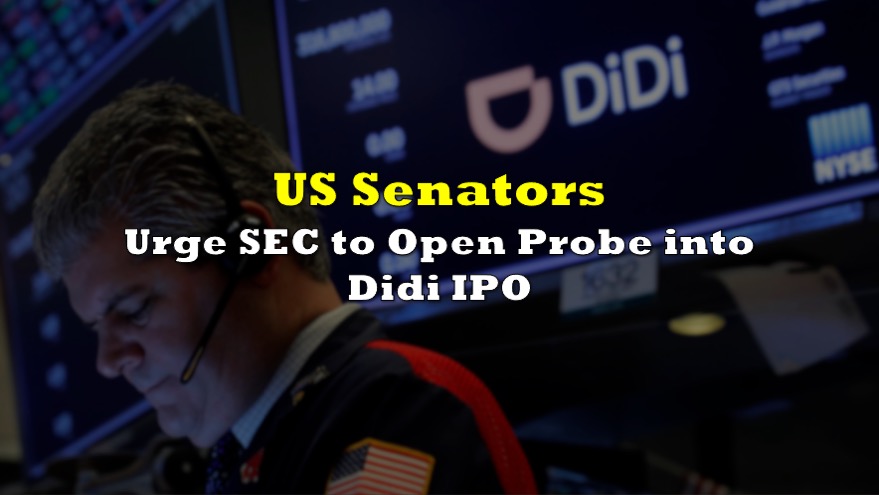The US Securities and Exchange Commission (SEC) is intensifying its pursuit of crypto exchanges and decentralized finance (DeFi) projects allegedly violating securities laws, following in the footsteps of previous actions against Coinbase Inc. and Binance.
David Hirsch, the head of the SEC’s Crypto Assets and Cyber Unit, made this announcement during the Securities Enforcement Forum Central in Chicago.
Hirsch’s enforcement office has been notably active in litigations, addressing compliance breaches beyond just Coinbase and Binance, emphasizing that the issue extends across the industry. He confirmed ongoing investigations into several entities operating similarly to the aforementioned platforms.
Read more:
- Binance’s Crypto Website Posts About “What Happens When A Crypto Exchange Goes Bankrupt?”
- Judge Denies SEC Request To Probe Binance.US: “We Need More”
- Binance.US Sees CEO Resign, Cuts Third Of The Workforce, Then Blames The SEC
The SEC’s interest in the crypto sector goes beyond exchanges. Hirsch emphasized that the agency would also target intermediaries, such as brokers, dealers, exchanges, and clearing agencies, if they fail to meet regulatory obligations, including registration and disclosure requirements.
“We’re going to continue to be active as to intermediaries,” Hirsch said. “That can be brokers, dealers, exchanges, clearing agencies or any others who are active in this space, are within our jurisdiction and not meeting their obligations, either through registration or failure to provide adequate or complete disclosures.”
Furthermore, Hirsch stressed that DeFi projects would not escape regulatory scrutiny, dispelling any notion that they could avoid enforcement by using the DeFi label.
Traditionally, the SEC has pursued regulatory actions against well-established, regulated businesses that often negotiate settlements. However, digital asset companies tend to contest charges in court due to the existential threats they pose. Hirsch acknowledged that this shift in enforcement approach is due to the unique challenges posed by the crypto industry.
The SEC faces limitations stemming from its finite enforcement budget, which is dwarfed by the financial resources of the entities it investigates. Hirsch acknowledged that the agency is currently handling a significant volume of litigation and is stretched to its capacity.
Despite these limitations, Hirsch acknowledged the vast number of tokens and centralized platforms in the crypto space, indicating that the SEC must prioritize its resources to address the most egregious violations effectively. With approximately 20,000 to 25,000 tokens in existence, the SEC recognizes the necessity of focusing on cases with the most significant impact on investor protection and market integrity.
Information for this story was found via Coindesk, and the sources and companies mentioned. The author has no securities or affiliations related to the organizations discussed. Not a recommendation to buy or sell. Always do additional research and consult a professional before purchasing a security. The author holds no licenses.









